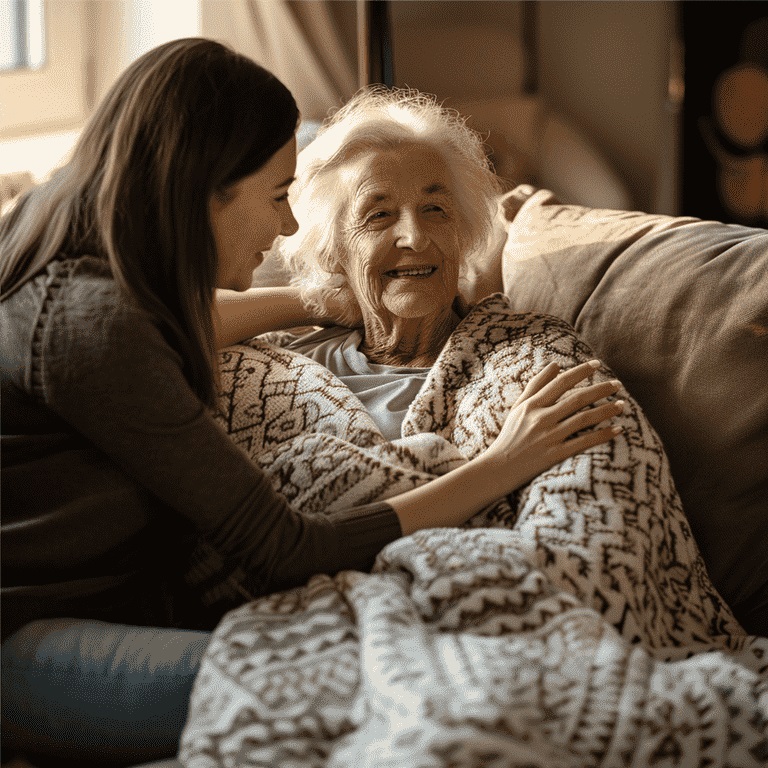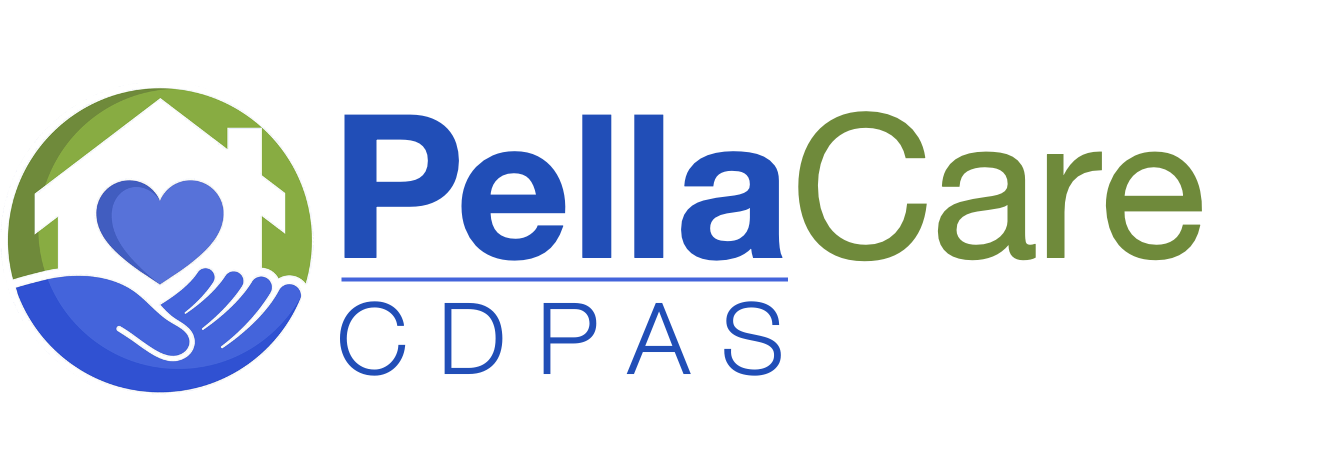Introduction
Becoming a caregiver for a family member is a deeply fulfilling journey that allows you to support and care for someone you love during their time of need. This role not only strengthens your bond with your loved one but also provides an opportunity to honor them with the care and attention they deserve.

Providing care for a loved one in the comfort of their home
However, stepping into the role of a family caregiver requires careful preparation. Understanding the responsibilities and challenges involved is crucial. It’s essential to seek advice from experienced professionals, use online resources, and connect with support groups or home care agencies that can offer guidance.
By familiarizing yourself with the day-to-day care tasks and learning how to effectively communicate with healthcare providers, you can ensure a more successful and rewarding experience for both you and your loved one.
The Responsibility of Family Caregiving
Family caregiving is a significant responsibility that can sometimes feel overwhelming. It demands a mature, compassionate individual who is willing to dedicate time and energy to providing emotional, mental, and physical support. Beyond just managing daily tasks, caregiving involves creating a comfortable environment, offering emotional comfort, and, when necessary, providing medical assistance. Building a positive and supportive relationship with your loved one is key to making the caregiving experience meaningful for both parties. This role is as much about providing care as it is about offering companionship and understanding.Considerations Before Becoming a Family Caregiver
- Understand Your Family Member’s Condition
- Learn How to Best Support Your Loved One
- Complete Necessary Paperwork
- Prepare a Care Plan and Schedule
- Mentally Prepare for Your New Role
Main Tasks as a Family Caregiver
- Running Errands
- Cooking and Cleaning
- Managing Finances
- Driving
- Medication Management
Tips for Becoming a Good Family Caregiver
- Educate Yourself
- Connect with Other Caregivers
- Communicate with Your Loved One
- Know Your Limits

Recent Comments